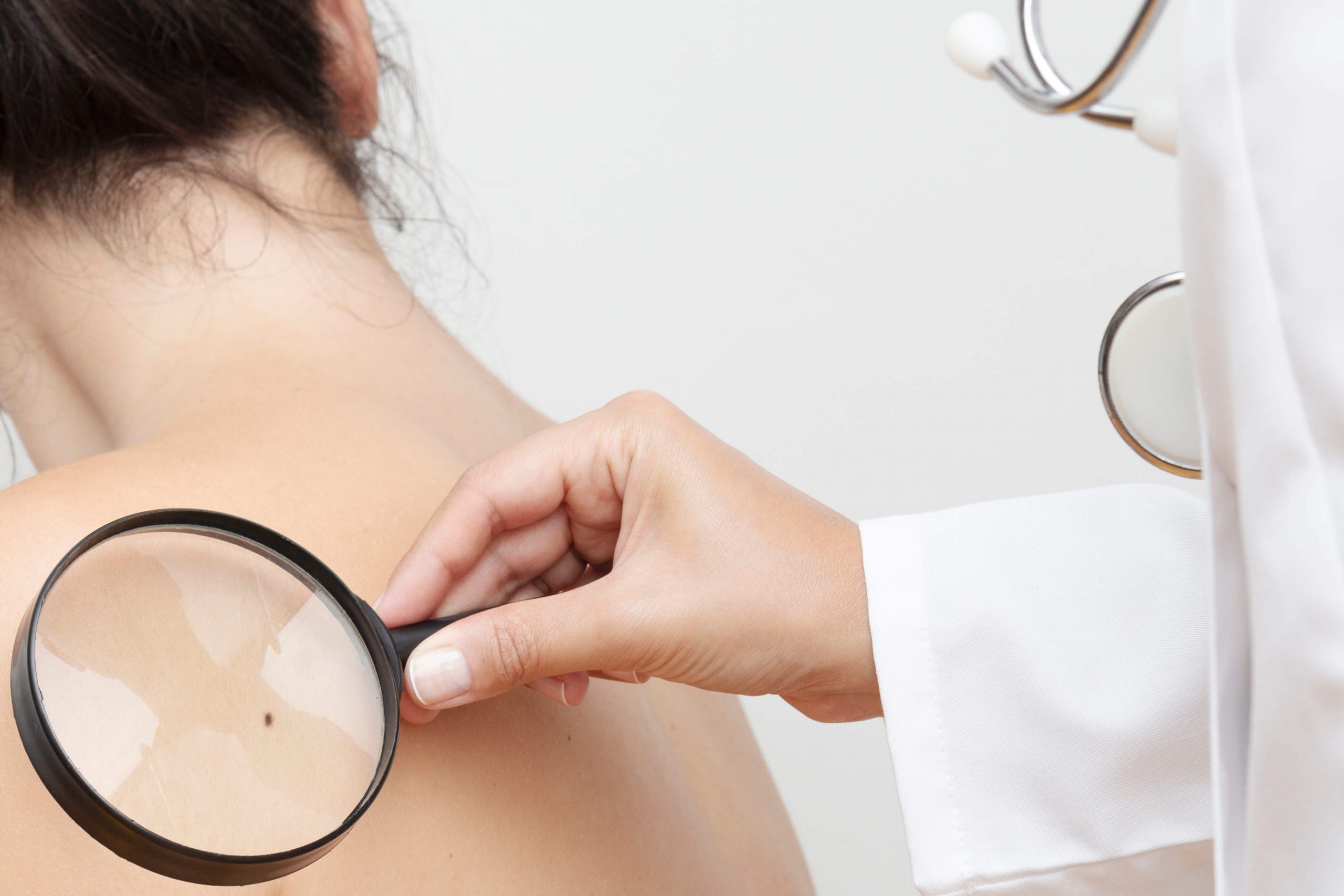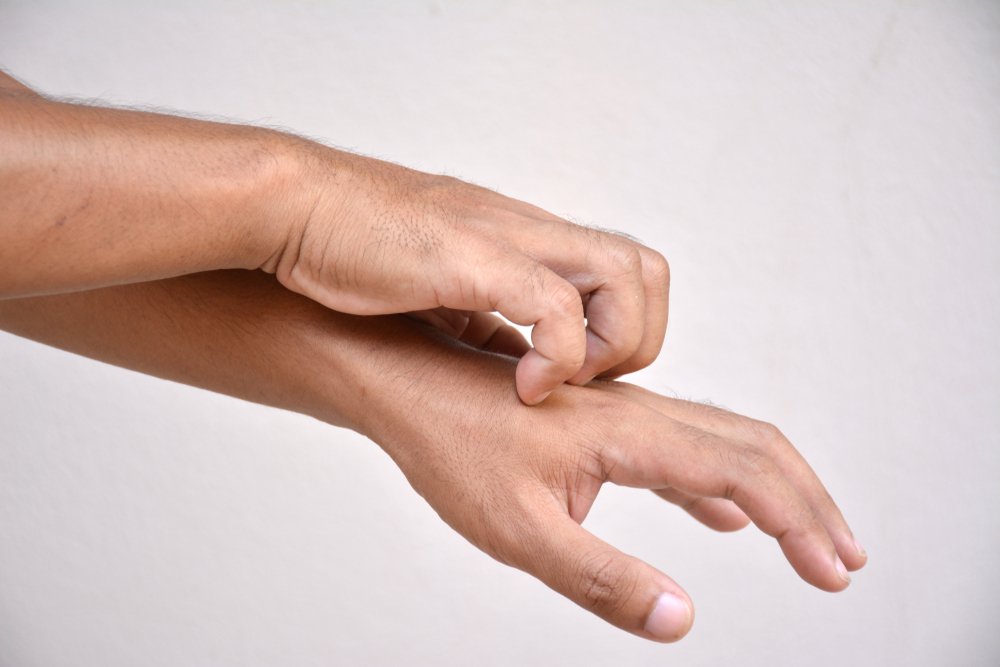Lifestyle and Beauty
Skin Cancer Screening: When to Get It and What to Expect?
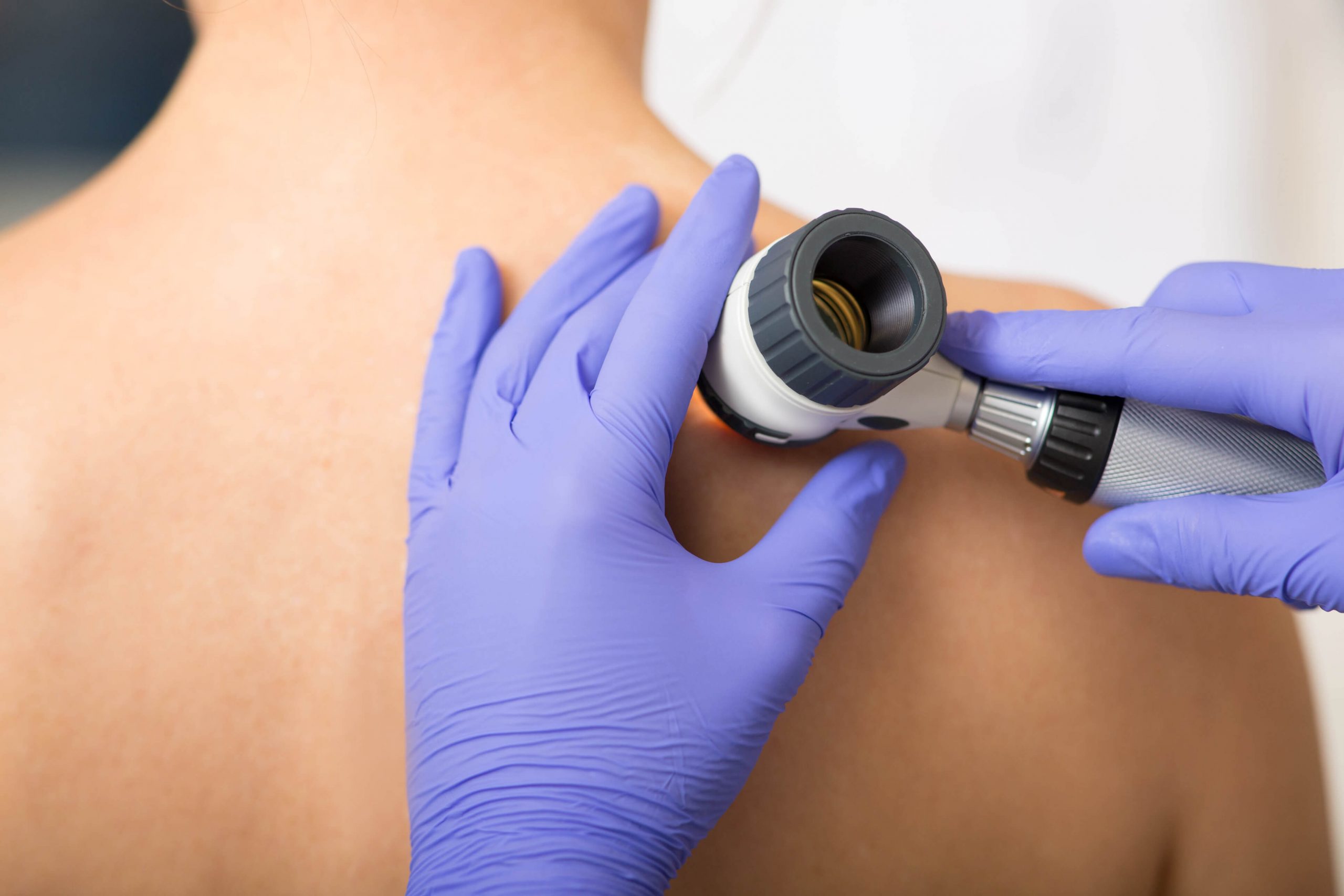
Introduction to Skin Cancer
The abnormal development of skin cells is known as skin cancer, usually from prolonged exposure to the sun’s ultraviolet (UV) rays. Skin cancer can also develop on parts of your skin that are not normally exposed to the sun. Basal cell carcinoma, squamous cell carcinoma, and melanoma are the three most common kinds of skin cancer.
How Common is Skin Cancer?
In Singapore, skin cancer is the sixth most common cancer for males and the seventh most common cancer for females. Fortunately, majority of skin cancers are treatable.
Risk Factors for Skin Cancer
The primary risk factor for skin cancer is exposure to ultraviolet (UV) light, including sunlight and tanning beds. Other risk factors include:
- Family history of melanoma.
- More than one atypical mole (dysplastic nevi).
- Precancerous lesions are called actinic keratoses.
- Lighter skin, hair and eyes.
- Freckles.
- Skin that burns easily.
- History of severe sunburns.
- Excessive sun exposure.
- Exposure to tanning beds.
- Many moles.
- A weakened immune system.
- Previous radiation treatment or other exposure to radiation.
- Exposure to arsenic.
- Inherited gene mutations increase the risk of melanoma.
Symptoms of Common Skin Cancers
A change in your skin is the most common sign of skin cancer. It could present as a new growth, a sore that doesn’t heal, or a change in appearance of your mole. Common symptoms of each type of skin cancer are:
Basal Cell Carcinoma
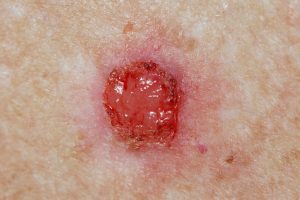
- A waxy-looking bump.
- A flat, flesh-coloured lesion.
- A brown scar-like lesion.
- A sore that bleeds or scabs then heals and comes back.
Squamous Cell Carcinoma
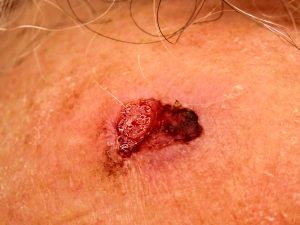
- A firm, red nodule.
- A flat lesion with a scaly or crusty surface.
Melanoma
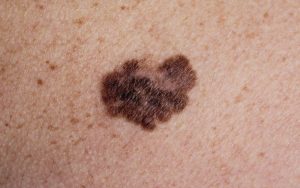
- A large brown spot with darker specks.
- A mole that changes in size, colour, or feel.
- A mole that bleeds.
- A small lesion with irregular borders and variations in colour.
- A painful lesion with itching or burning.
- Dark atypical looking lesions on your:
- Fingertips
- Palms
- Toes
- Soles
- Mucous membranes lining the mouth, nose, vagina, and anus.
What Does Skin Cancer Screening Involve?
Before the Appointment
If you have been booked for a skin cancer test with your dermatologist, here are some tips to help you get ready:
- Wear no make-up. This will make it easier for your dermatologist to check the skin on your face.
- Remove any nail polish if you have it. Your dermatologist will be able to thoroughly inspect your fingers, nails, and nail beds as a result of this.
- Maintain a relaxed hairstyle so that your scalp can be checked.
- Make a note of any concerns you have, such as skin spots, patches, or moles, and tell your dermatologist about them before the exam.
You will need to remove all of your clothes before the skin screening exam begins. You may be allowed to keep your underwear on depending on your risk of skin cancer and medical history.
During the Appointment
Your dermatologist will examine your scalp, behind your ears, fingers, toes, buttocks, and genitals from head to toe. During the examination, you may feel self-conscious about remaining undressed, however, it is critical to have a thorough examination of your skin because skin cancer can develop anywhere on your body.
To examine particular marks, your provider may use a dermatoscope which is a special magnifying glass with light. The examination is completed within 10 -15 minutes.
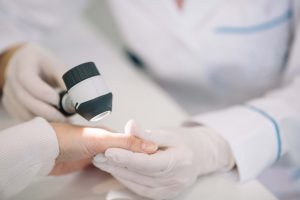
One or more worrisome spots may be biopsied by your doctor. This usually entails removing a portion or removing the entire lesion and submitting it to a lab for testing. If the spot turns out to be skin cancer, your dermatologist will contact you to discuss the type of skin cancer and treatment options.
Self-Examination
Skin self-exams are very important, especially if you are at higher risk of skin cancer. A good time to do a skin self-examination is before or after shower.
Here is a guideline on self-examination you can do before visiting your dermatologist:
- Examine your face, neck, and stomach in front of the mirror.
- Women should examine the area beneath their breasts.
- Raise your arms and gaze to the left and right sides of your body.
- Examine your forearms from the front and back.
- Examine your hands, paying special attention to the spaces between your fingers and under your fingernails.
- Examine your legs from the front, rear, and sides.
- Sit down and examine your feet, paying special attention to the soles and gaps between your toes. Check each toenail beds as well.
- With a hand mirror, check your back, buttocks, and genitals.
- Examine your scalp by parting your hair. To improve your visibility, use a comb and a hand mirror. Using a hair dryer to move your hair as you look may also help.
Alternatively, there is a quick way to remember how and what to look out for:
ABCDE Rule for skin self-examination
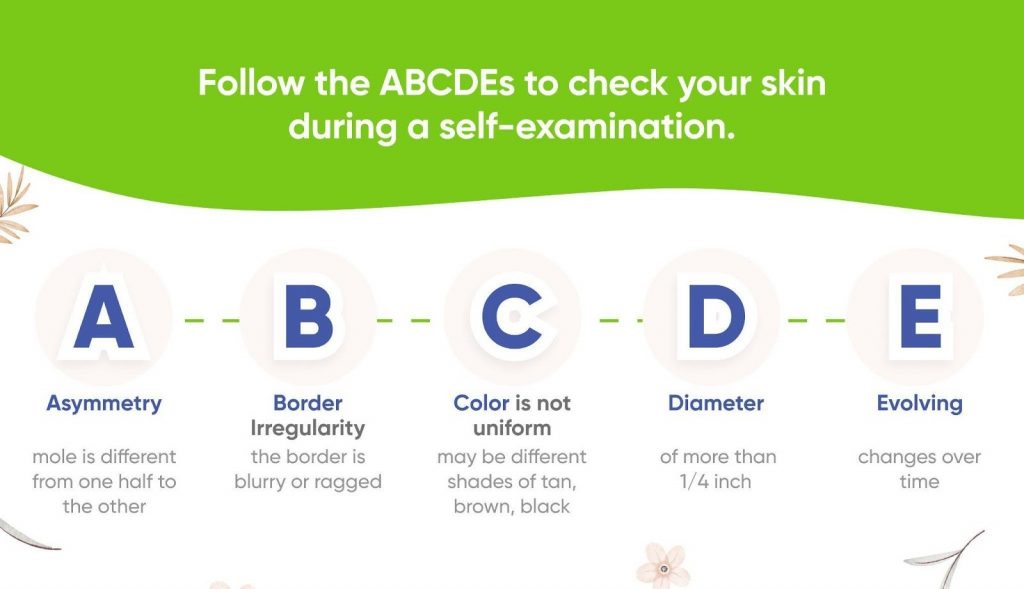
Prevention of Skin Cancer
Singapore has strong sunlight all year round, it is imperative to wear sunscreen with an SPF of 50 or higher, which blocks 97 percent of the sun’s UV rays. Higher number SPFs block slightly more of the sun’s UV rays, lowering your risk of skin cancer.
Conclusion
Skin cancer is highly treatable when detected early, and it is important to go for regular screenings especially if you are at risk. If you have symptoms or suspect you have skin cancer, you may visit us for further tests and skin examination.
WHO WE ARE
About SOG Health Pte. Ltd.
Established in 2011, SOG Health Pte. Ltd. (“SOG”) is a leading healthcare service provider dedicated to delivering holistic health and wellness services to the modern family.
With a long and established track record in Singapore providing Obstetrics and Gynaecology (“O&G”) services such as pre-pregnancy counselling, delivery, pregnancy and post-delivery care, the Group has since further expanded its spectrum of healthcare services to include Paediatrics, Dermatology, and Cancer-related General Surgery (Colorectal, Breast & Thyroid).
The Group’s clinics, under its four operating segments of O&G, Paediatrics, Oncology and Dermatology, are strategically located throughout Singapore to provide easy access to its patients.
- Obstetrics
- Gynaecology
- GynaeOncology
- Breast, Thyroid & General Surgery
- Colorectal, Endoscopy & General Surgery
- Dermatology
- Paediatrics
Consult With A Specialist From SOG
Visit one of our specialists today to learn more about your health!
Recommended Specialists
Book An Appointment
Fill up this form and our clinic will get back to you shortly.
For general enquiries, please click here.
